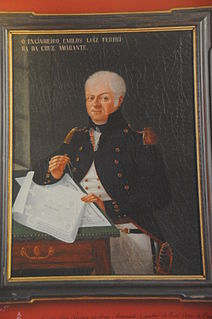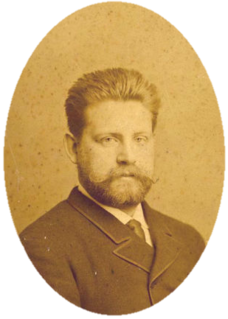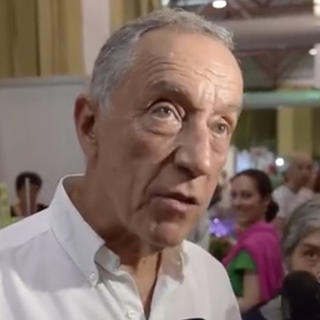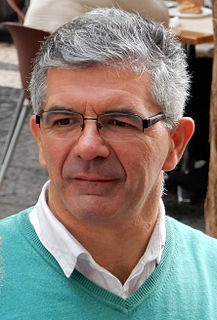This biography of a living person needs additional citations for verification .(May 2010) (Learn how and when to remove this template message) |
| Manuel Carvalho da Silva | |
|---|---|
 | |
| Secretary-General of the General Confederation of the Portuguese Workers | |
| In office 1 June 1986 –28 January 2012 | |
| Preceded by | Armando Teixeira da Silva |
| Succeeded by | Arménio Carlos |
| Personal details | |
| Born | Manuel Carvalho da Silva 2 November 1948 Viatodos, Barcelos, Braga District, Portugal |
| Nationality | Portuguese |
| Political party | Portuguese Communist Party |
| Alma mater | ISCTE – University Institute of Lisbon |
| Occupation | Author |
| Profession | Professor, social researcher |
Manuel Carvalho da Silva (born 2 November 1948 in Viatodos, Barcelos) [1] is a Portuguese sociologist, research professor and former Secretary-General of the General Confederation of the Portuguese Workers (CGTP–IN). [2]

Barcelos is a city and a municipality in Braga District in the Minho Province, in the north of Portugal. The population in 2011 was 120,391, in an area of 378.90 km2. With 60 parishes, it is the municipality with the highest number of parishes in the country. It is one of the growing municipalities in the country, and is well known by its textile and adobe industries.

Portugal, officially the Portuguese Republic, is a country located mostly on the Iberian Peninsula in southwestern Europe. It is the westernmost sovereign state of mainland Europe, being bordered to the west and south by the Atlantic Ocean and to the north and east by Spain. Its territory also includes the Atlantic archipelagos of the Azores and Madeira, both autonomous regions with their own regional governments.

Sociology is the scientific study of society, patterns of social relationships, social interaction, and culture of everyday life. It is a social science that uses various methods of empirical investigation and critical analysis to develop a body of knowledge about social order, acceptance, and change or social evolution. While some sociologists conduct research that may be applied directly to social policy and welfare, others focus primarily on refining the theoretical understanding of social processes. Subject matter ranges from the micro-sociology level of individual agency and interaction to the macro level of systems and the social structure.
Carvalho da Silva graduated from the Industrial Electrician School Carlos Amarante in Braga [1] and is a doctorate in Sociology from the ISCTE – University Institute of Lisbon.

Carlos Luís Ferreira da Cruz Amarante was an important Portuguese engineer and architect.

Braga is a city and a municipality in the northwestern Portuguese district of Braga, in the historical and cultural Minho Province. The city has a resident population of 192,494 inhabitants, representing the seventh largest municipality in Portugal. Its area is 183.40 km². Its agglomerated urban area extends from the Cávado River to the Este River. It is the third-largest urban centre in Portugal

A doctorate or doctor's degree or doctoral degree, is an academic degree awarded by universities, derived from the ancient formalism licentia docendi In most countries, it is a research degree that qualifies the holder to teach at university level in the degree's field, or to work in a specific profession. There are a variety of names for doctoral degrees; the most common is the Doctor of Philosophy (PhD), which is awarded in many different fields, ranging from the humanities to scientific disciplines.
He was elected as coordinator of the CGTP–IN (General Confederation of Portuguese Workers - National Inter) in June 1986 and in December 1999 he was attained the office of Secretary-General. [1] On 28 January 2012 he was succeeded by Arménio Carlos.
He has had several published works and books on syndicalism and economy.

Syndicalism is a radical current in the labor movement and was most active in the early 20th century. Its main idea is worker-based local organization and advancement through strikes. According to the Marxist historian Eric Hobsbawm, it predominated the revolutionary left in the decade preceding World War I as Marxism was mostly reformist at that time. Major syndicalist organizations included the General Confederation of Labor in France, the National Confederation of Labor in Spain, the Italian Syndicalist Union, the Free Workers' Union of Germany, and the Argentine Regional Workers' Federation. The Industrial Workers of the World, the Irish Transport and General Workers' Union and the Canadian One Big Union, though they did not regard themselves as syndicalists, are considered by most historians to belong to this current. A number of syndicalist organizations were and still are to this day linked in the International Workers' Association.

Economics is the social science that studies the production, distribution, and consumption of goods and services.
His name was referred several times as potential candidate to Secretary-General of the Portuguese Communist Party, but he always stated he was not interested in the office. According to a press newspaper, he severed his ties with the party shortly after leaving the CGTP–IN leadership, [3] [ dead link ] but this allegation was never confirmed by any of the parts involved.

The Portuguese Communist Party is a major political party in Portugal. It is a Marxist–Leninist party, and its organization is based upon democratic centralism. The party also considers itself patriotic and internationalist.









